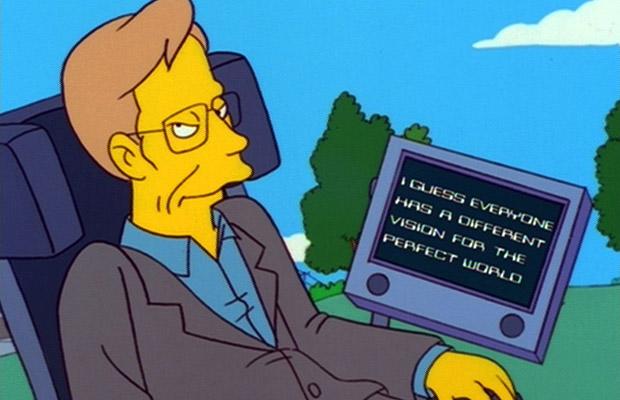
Also in potentially earth-shattering space news, Stephen Hawking — “one of the creators of modern black-hole theory” — has released a new paper (not-yet-peer-reviewed) arguing that there are no black holes, really: Quantum theory suggests that matter eventually escapes from them. “A full explanation of the process, the physicist admits, would require a theory that successfully merges gravity with the other fundamental forces of nature. But that is a goal that has eluded physicists for nearly a century.”

